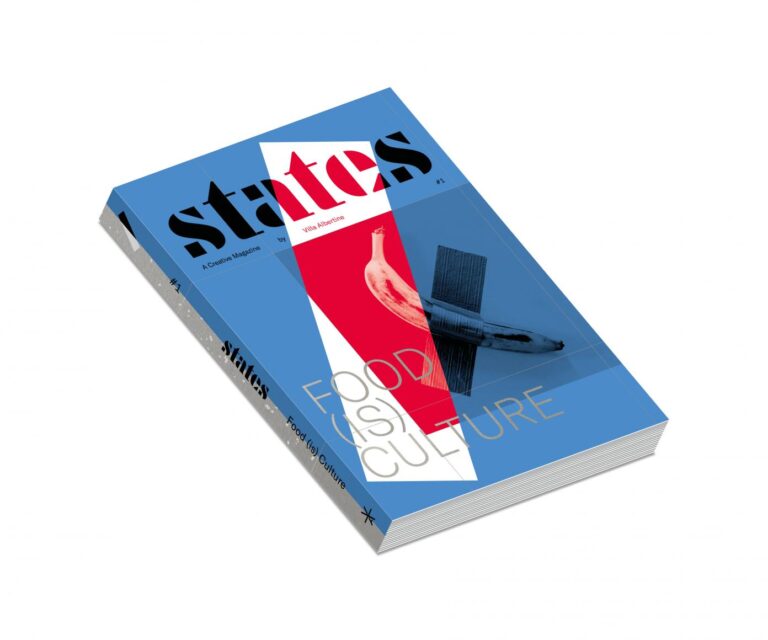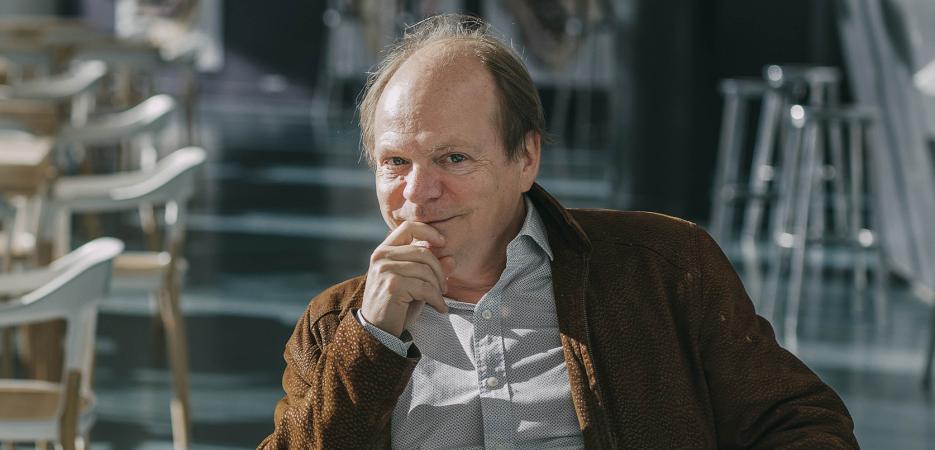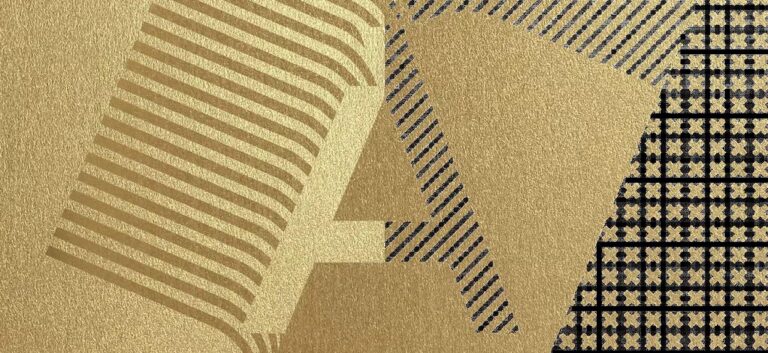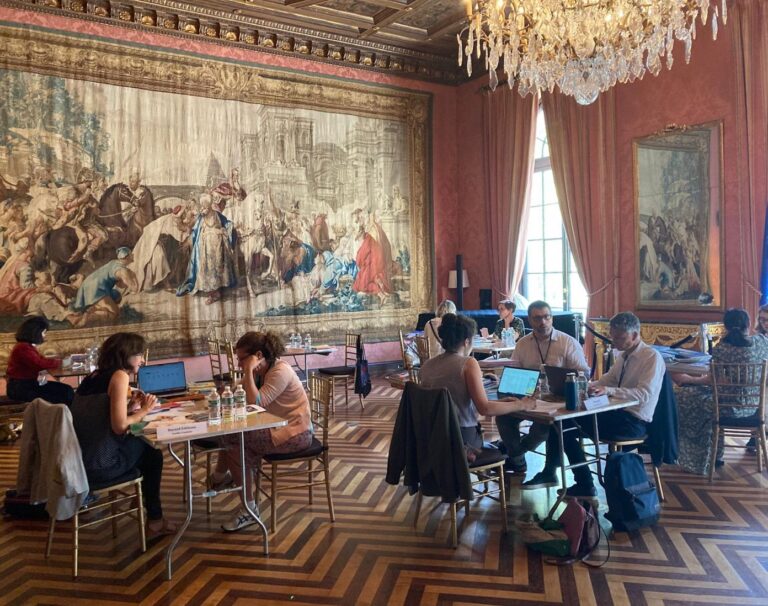
Patrick Boucheron
Historian
2022

© Louise Quignon - Hans Lucas
- Literature
- Social Sciences and Humanities
- Boston
- Chicago
- New York
“I try to make history relate to our lives. I try to make people realize that they do not have to choose between knowledge-teaching and emotion-sharing.”
When asked who I am, I cannot easily say “I am a historian.” But I certainly “do” a historian’s work, as Italians say (fatto lo storico). That suits me: I have always seen history as a practice, not an identity. I practice the most serious form of history: I was trained as a researcher and have always taught history. Why history? And why the Middle Ages in particular? Simply because I enjoy it and find it liberating.
But I also believe that academic knowledge should be politically independent, that the specificity of professional historians’ system of truth should be upheld. The discipline of history gives rise to knowledge that is neither opinion nor fiction. Yet I also know that to be a proper historian, you should not content yourself with simply being one. That is why I try to make history inviting to all that extends beyond it—literature, cinema, painting, and theater—as I look for new forms of writing that are simultaneously conceptually demanding and narratively stimulating. I like to emphasize that history is a way of thinking that should welcome unexpected insights, with a healthy concern for breaks in continuity. By looking for new experiences, I do not seek to popularize knowledge already amassed or broaden public interest in history. Instead, I try to make history relate to our lives. I try to make people realize that they do not have to choose between knowledge-teaching and emotion-sharing.
Patrick Boucheron is a professor and chair of the History of Powers in Western Europe from the 7th to the 16th at Collège de France. He specializes in the Middles Ages, particularly in Italy. His work also concerns the writing of history and changes in the discipline. It was in this spirit that he wrote Histoire mondiale de la France (Seuil, 2017). Since 2017, he has partnered with the Théatre National de Bretagne (TNB) headed by actor and stage director Arthur Nauzyciel. For each program, he invites associates, academics, and artists to imagine and create with him a monthly gathering, “Rencontrer l’Histoire” (“A Rendez-vous with History”), based on the program’s themes or current affairs. In 2020, he and Mohamed El Khatib created the performance “Boule à neige”.
The idea is to produce a counterfactual experience (akin to that in Philip Roth’s The Plot Against America to try to shed light on today’s United States through the somber prism of an event that America did not witness–the Black Death that swept Europe in 1347–52.
Almost ten years ago, I published a book on Ambroglio Lorenzetti’s 1338 political painting on the walls of Sienna’s Palazzo Pubblico, a fresco now known as The Allegory of Good and Bad Government (The Power of images, Polity, 2018). I described the force of an old image that rekindles the fear of tyranny in us today. The painter died of the plague ten years later, when political fear had given way to epidemiological fear. I have always thought that one day I would address the story of the widespread plague that swept Europe in 1347–52.
My teaching at Collège de France has led me to this idea in a circuitous way. After two years spent focusing on political fiction (a work currently being translated into English for Other Press), and another two years on political experience, I decided to devote myself to the history of the Black Death as a laboratory of interdisciplinarity and a test of narrativity in 2021.
But once again, this history-focused concern got caught up with an age-old dread that today’s pandemic brought back. And I realized that all the corresponding theater projects I had planned for the TNB evoked, in a more or less conscious way, the same themes. The crisis has undoubtedly forced us to simplify and prune. It is as if we have had to at least come together, first privately, then collectively. My project, Peste aux USA (“Plague in the USA”) is born of this desire to come together, this desire for experience.
“They don’t know we’re bringing them the plague” is what Sigmund Freud is supposed to have whispered into Carl Jung’s ear when their boat arrived at Ellis Island, in New York harbor, on August 29, 1909. This enigmatic, probably unsubstantiated, quotation will serve as a springboard into for the project. The academic and theatrical experience will involve building the stage for a theater of the plague in New York, Boston, Chicago, and Los Angeles, and playing, of course, Antonin Artaud’s works, Mario Vargas Llosa’s Cuentos de la peste and Bernard Chartreux’s Dernières nouvelles de la peste, which was produced by Jean-Pierre Vincent at the Avignon Festival in 1984.
I hope to make use of academic resources, from New York University and the University of Chicago, but also from Harvard in Cambridge and UCLA, where I have been working with Zrinka Stahuljak, head of the Center for Medieval and Renaissance Studies and theorist of the contemporary Middle Ages. I also hope to meet theater circles that partner with Arthur Nauzyciel’s creations.
In partnership with

Théâtre National de Bretagne (TNB)
The Théâtre National de Bretagne (TNB) traces its roots back to the very creation of the Centre Dramatique de l’Ouest in 1949 and of the Maison de la Culture in 1968 (a merger took place in 1990). As a European center for theatrical and choreographic production, emphasizes not only theater, but dance, music, cinema and education. The TNB organizes an annual international Festival and supports the School of the Dramatic Arts. The TNB welcomes about 200,000 spectators every season. Since 2017 the actor and stage director Arthur Nauzyciel has led the TNB and has introduced an artistic project grounded in 3 fundamental values: Share, Transmit, Connect. In addition, he appointed 18 associate artists, joined by another 10 other artists in 2021.




